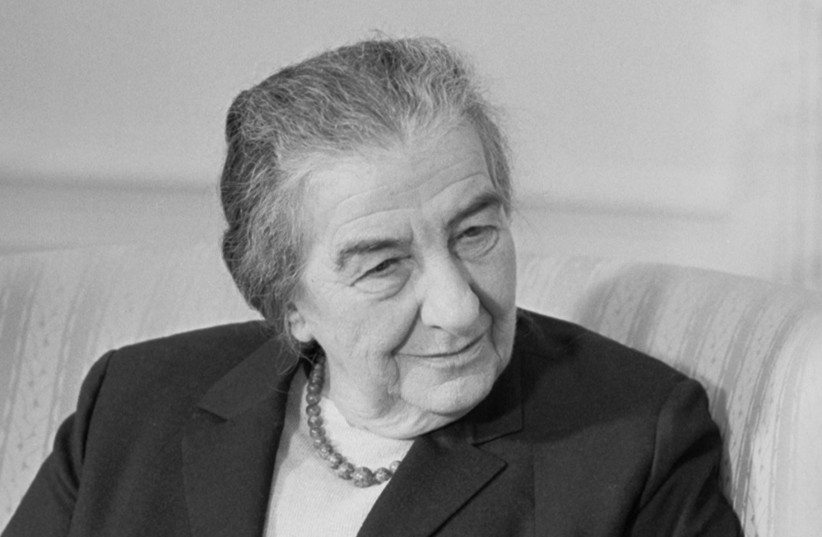Where are all the women in Israeli politics? - IDI report

“we are seeing a substantial decline” in women's representation in politics, the Israel Democracy Institute found.
The representation of women in the Israeli government has declined from an all-time high last year, a report by the Israel Democracy Institute's Prof. Ofer Kenig found.
"Even though there are no statutory quotas in Israel, the country has seen a real improvement in women’s presence in politics, which registered an all-time high at the start of 2022. A year later, however, we are seeing a substantial decline."
29 women returned to the Knesset in the November 2022 election. As of Wednesday, there are 31 women in the Knesset, a slight improvement but still only about 26% of the legislature.
"In a broad historical perspective, this is a major achievement, but it lags behind the figure of a year ago," the Israel Democracy Institute noted.
"Furthermore, though there was a sharp increase in women members of Knesset between 1996 and 2015, there has been no significant change since then. In the previous five elections, between 28 and 30 women have been voted into the Knesset. In the previous Knesset, the number of women in Knesset was 35 due to the extensive use of the Norwegian Law, which allows government ministers to resign from the Knesset and be replaced by another member of their party."
Israel is ranked 93rd in representation of women in its parliament among 192 countries, down from 61st place last year. Out of OECD countries, Israel is ranked 31 out of 38, compared to 23rd last year. The report also noted that there is a lack of female representation at the ministerial level.
"When considering female representation in the Government, we should go beyond the dry numbers, since the increase in the female presence at the Government has not been translated into their appointment to the prestigious ministries," it read.
No female prime minister since Golda Meir

The report noted that Israel was one of the first countries in which a woman held the most senior position when Golda Meir became prime minister in 1969. Since she stepped down in 1974, all ten prime ministers have been men, however.
"Over the last 14 years, not a single woman has served in any of the most senior political positions—Prime Minister, Defense Minister, Finance Minister, Foreign Minister," the report noted.
"Finally, it is impossible to ignore the elephant in the room: The current government’s ideological bent does not herald good news for the status of women in society and for gender equality,” the institute said. “Two examples of this are the commitment in coalition agreements that Israel will not join the Istanbul Convention (Preventing and Combating Violence Against Women and Domestic Violence) and the agreement (also in the coalition agreements) to permit and normalize gender segregation in the public arena. Looming above all this is the black flag of the judicial upheaval that the Government is pushing with brutal and incomprehensible speed. These measures are liable to work a substantive change in the system of government in Israel and, inter alia, to undermine the protection of women’s rights."
Jerusalem Post Store
`; document.getElementById("linkPremium").innerHTML = cont; var divWithLink = document.getElementById("premium-link"); if (divWithLink !== null && divWithLink !== 'undefined') { divWithLink.style.border = "solid 1px #cb0f3e"; divWithLink.style.textAlign = "center"; divWithLink.style.marginBottom = "15px"; divWithLink.style.marginTop = "15px"; divWithLink.style.width = "100%"; divWithLink.style.backgroundColor = "#122952"; divWithLink.style.color = "#ffffff"; divWithLink.style.lineHeight = "1.5"; } } (function (v, i) { });
